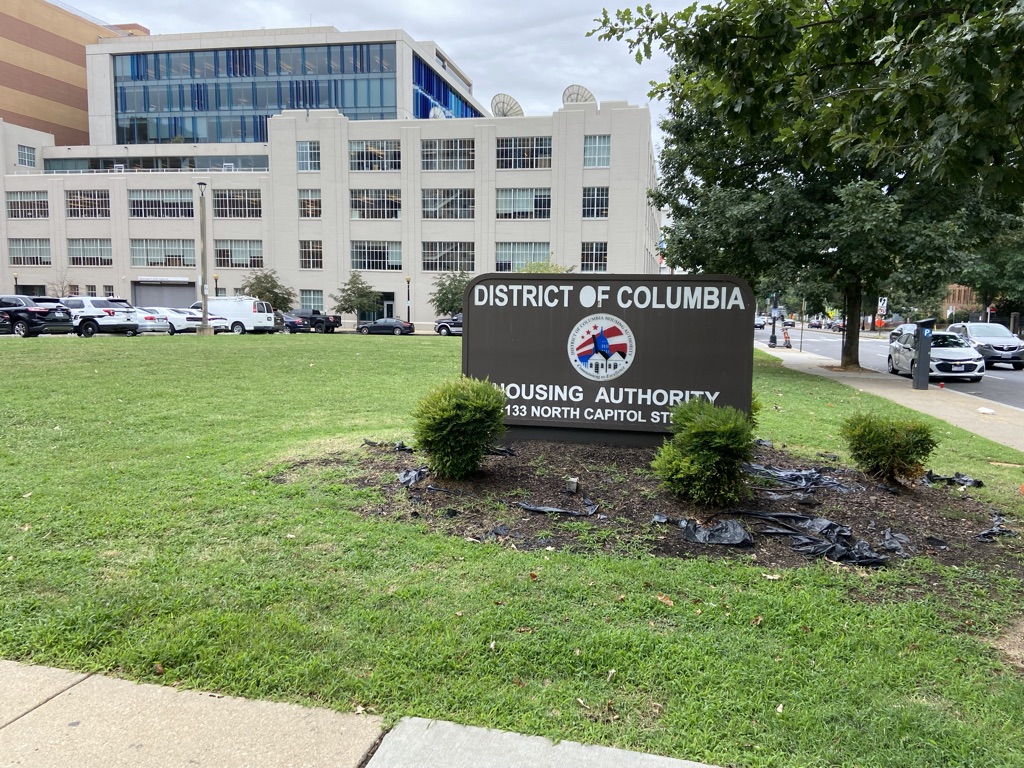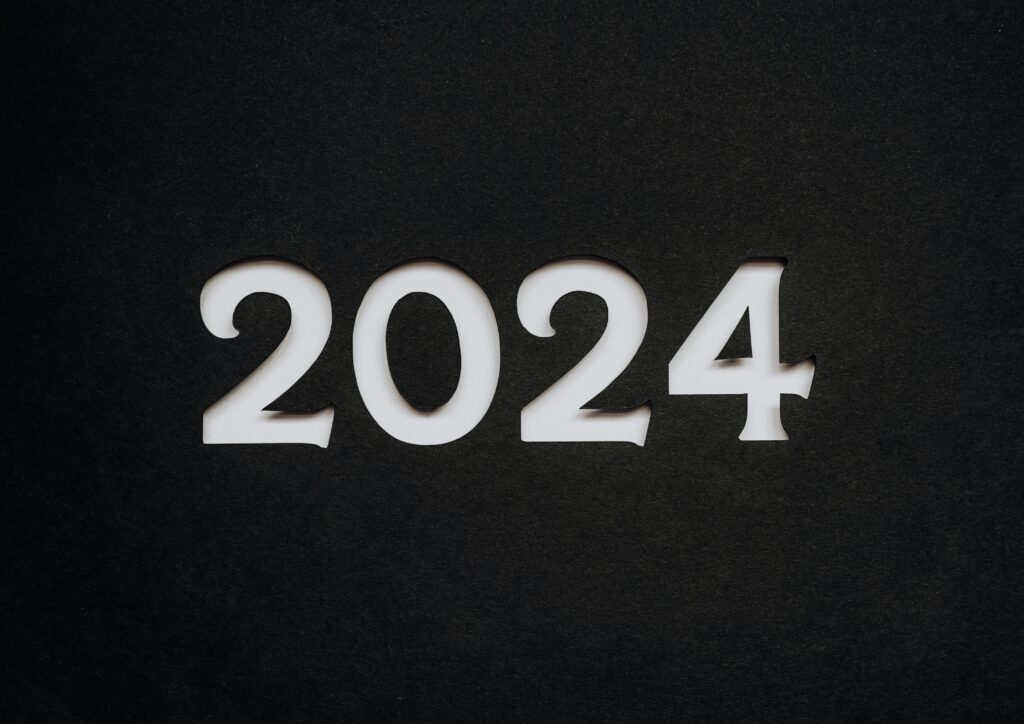It just got a little bit easier for people experiencing homelessness to get a housing voucher. After a months-long fight by advocates, the D.C. Housing Authority (DCHA) will now let voucher applicants move into housing without requiring a photo ID to process their application.
People applying for housing vouchers typically have to provide documents showing their legal identity, annual income and family members, but a process called self-certification allows people to bypass this step if they can’t easily access their documents. The DCHA Board of Commissioners has twice approved emergency regulations that allow D.C. residents applying for a tenant-based Local Rent Supplement Program (LRSP) voucher to self-certify their identity and eligibility. But advocates say execution of that policy has been both slow and flawed.
When implementing the first set of regulations, passed in February, DCHA did not allow people to apply for a voucher without a photo ID. However, the agency changed its policy in June to fully allow self-certification of identity under a second set of rules adopted that month, according to Sheila Lewis, DCHA’s director of public affairs and communications.
“We’re pleased to hear that DCHA has finally decided to implement their existing regulations on self-certification for legal identity,” Brit Ruffin of the Washington Legal Clinic for the Homeless wrote in an email. “The implementation change will greatly increase access to housing resources for DC’s most vulnerable residents.”
People seeking housing through LRSP vouchers often struggle to find their documentation — a particular problem for unhoused people seeking Permanent Supportive Housing (PSH) vouchers. The LRSP program provides a rental subsidy to extremely low-income D.C. residents; PSH vouchers are targeted at people who have experienced homelessness for more than a year. It’s the latter group that housing advocates say will benefit most from self-certification. Between moving frequently and staying in communal spaces, unhoused people commonly lose track of their ID and other documents needed to apply for a housing voucher. Applying for new IDs — especially for people not originally from D.C. — can be an arduous process, taking a year on average and up to three.
“And meanwhile, you’re homeless,” said Amber Harding, director of policy and advocacy at the Washington Legal Clinic for the Homeless and an advocate for self-certification. Without self-certification, unhoused people who don’t have identity documents face long delays before they can apply for a voucher. “We didn’t want people to be homeless merely because they can’t make it through government bureaucracy.”
Seeking a solution, Harding and other advocates took inspiration from the Emergency Housing Vouchers Program, implemented locally and nationally during the pandemic. The program allows people to self-report identity and eligibility without documentation, drastically shortening wait times for housing. When adopting the budget last year, the D.C. Council mandated that DCHA allow the same for tenant-based LRSP vouchers by November 2021; the board missed the deadline but passed temporary rules doing so in February 2022.
But providers say DCHA never adhered to the self-certification rules the board passed. The Housing Authority circulated guidance to providers this spring that explained applicants could self-certify their name, date of birth, Social Security number and income but also stated that “identity cannot be self-certified” and that “a government-issued photo ID must be submitted with the application.” In a statement to Street Sense Media and The DC Line in April, DCHA media relations specialist Christine Goodman confirmed that the agency was requiring a government-issued ID. DCHA had to check potential residents against the lifetime sex offender registry, she said, which the agency needed a photo ID to do.
Providers swiftly took issue with this implementation, pointing out that the agency’s own rules explicitly said applicants could self-certify legal identity. Agency communications with providers only confused the issue further — DCHA employees gave conflicting advice and had to be reminded repeatedly that self-certification was in effect.
Self-certification, round two
DCHA’s board passed new regulations, on June 8, one day before the February regulations were due to expire. DCHA’s board did not discuss the authority’s implementation of self-certification at its meeting, but the June regulations again included the language that housing providers have insisted for months allows DCHA to waive the requirement for a photo ID.
And now it’s done so. According to Lewis, the agency held a series of conversations over the last few months with providers and advocates. After the discussions, the agency changed its guidance on the policy’s implementation — effective alongside the June regulations — to allow people to self-certify their IDs if the documents are not easily available. Lewis said the agency has not yet received any applications self-certifying for ID.
But even with DCHA’s new guidance on self-certification fully implemented, housing advocates and at least three members of DCHA’s board contend the guidelines don’t go far enough.
A two-year time limit
A new provision in the June regulations sets a two-year time limit for self-certification. For recertification, LRSP voucher holders will have to show any documents they initially self-certified; otherwise, they risk being dropped from the program. This will inevitably lead to evictions, according to Harding. Some people may never be able to access their documents, she said, especially if their legal name differs from the one on their birth certificate.
“They will get a voucher, they’ll lease-up, they’ll finally be housed, be in affordable housing, and then two years later when they go to recertify, they’ll be kicked out of the program,” Harding said.
Bill Slover, the advocate representative on the DCHA board, raised these same concerns at the June 8 meeting. He and Ann Hoffman, the labor commissioner, pointed out that the two-year timeline assumes voucher holders have access to caseworkers to help them acquire documents, which is not always the case. Their concerns led the board to add that if voucher holders don’t have their documents at recertification they will be eligible to begin a “grievance process” and will not be automatically dropped from the program. There is no guarantee, however, that voucher holders without documentation will be able to continue receiving a subsidy.
Slowly expanding eligibility
In addition to raising issues over self-certification, housing advocates argue that DCHA isn’t implementing eligibility requirements correctly. In the Fiscal Year 2022 Budget Support Act, the council instructed DCHA to remove all barriers to housing for people who lack immigration documentation or who have been involved with the criminal justice system.
The February regulations officially allowed people without immigration documentation to obtain vouchers. The June regulations kept this provision and removed a prohibition against giving vouchers to people who manufactured methamphetamine on federally assisted housing properties. However, both sets kept in place a ban on individuals on the national sex offender registry. Limiting eligibility at all contradicts what the council had required in the Budget Support Act, Slover said at the meeting.
Lorry Bonds, who advises the board as DCHA counsel, responded that the Housing Authority is not allowed under federal law to spend money to house people on the registry. Critics acknowledge that this is partially true: People on the lifetime sex offender registry are banned from public housing and from the Housing Choice Voucher Program, the federal version of LRSP.
DCHA adopted the same eligibility rules for the tenant-based LRSP program, but the board has altered them in the past. In fact, the ban on people on the lifetime sex offender registry can be found in the same statute as the ban on people who produced meth on the premises of federally assisted housing — with the board already having repealed the latter provision for the locally run LRSP program.
Slover asked DCHA officials to seek clarification from the D.C. Council on the issue and, along with three other commissioners, voted against the new regulations based on the various concerns they had raised.
What’s next
The June and February regulations were both temporary, gearing up for a permanent set of rules at some point. These would have to pass the council, which has already voted for self-certification of all factors and for no limits on eligibility. Meanwhile, providers are continuing to push to ensure that DCHA’s implementation of the regulations matches the council’s intent.
This article was co-published with The DC Line.
Annemarie Cuccia covers D.C. government and public affairs through a partnership between Street Sense Media and The DC Line. This joint position was made possible by The Nash Foundation and individual contributors.






